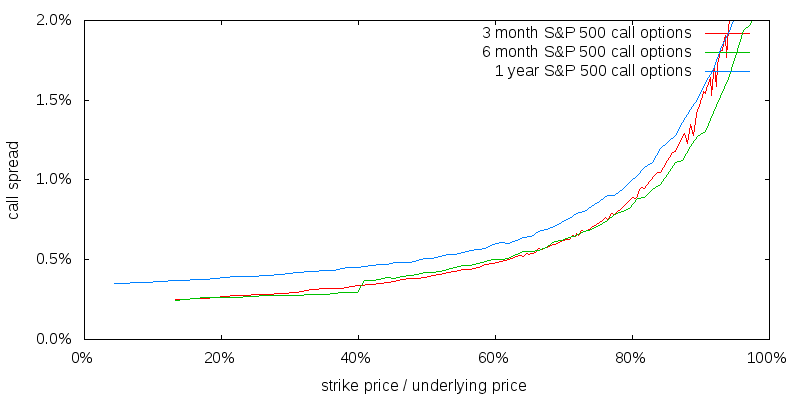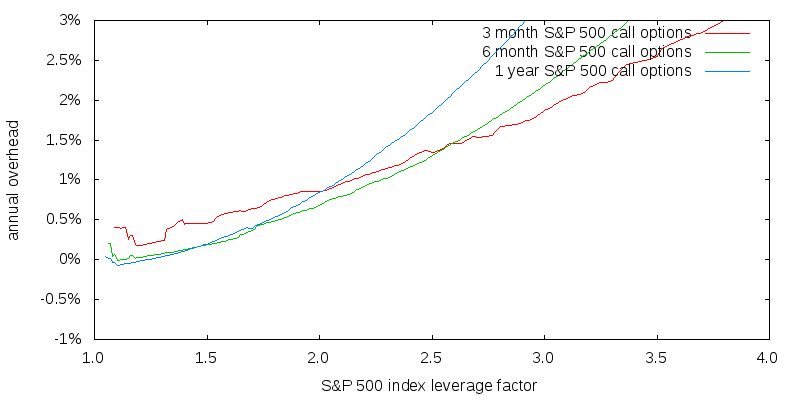Investing in the stock market can be a complex and challenging task. With so many options and strategies available, it’s easy to feel overwhelmed. That’s where a stock option advisor comes in. A stock option advisor is an expert who can provide valuable guidance and insights to help you navigate the world of investing and make informed decisions.
In this article, we will delve into the basics of stock options, the benefits of consulting a stock option advisor, and how to choose the right advisor for your needs.
We will also explore restricted stock awards (RSAs), vesting schedules for advisor shares, issuing advisory shares as an early-stage founder, and what to expect when working with a stock option advisor.
Additionally, we will provide tips for maximizing your experience with an advisor and share real-life success stories of investors who have benefited from their expertise.
Whether you’re a seasoned investor or just starting out, having access to a knowledgeable stock option advisor can make a significant difference in your investment journey. So let’s dive in and explore how you can make informed investment decisions with a stock option advisor by your side.
The Basics of Stock Options
Stock options are financial derivatives that give investors the right, but not the obligation, to buy or sell shares of a specific company’s stock at a predetermined price within a certain time frame. There are two main types of stock options: call options and put options.
Call options allow investors to buy shares, while put options give them the right to sell shares. These options can be granted to employees or traded on exchanges. Understanding stock options is important for employees and traders looking for alternative investment strategies.
How to Choose a Stock Option Advisor
Choosing the right stock option advisor is essential for successful investing. Look for advisors with relevant qualifications and experience, such as CFP or CFA designations. Evaluate their track record and client testimonials to gauge their expertise and reliability.
Meet potential advisors for an initial consultation to assess compatibility with your investment goals. Thorough research and evaluation will help you find an advisor who can provide the guidance you need in navigating the complexities of stock options trading.
Restricted Stock Awards (RSAs)
Restricted Stock Awards (RSAs) are grants of company stock given to employees or consultants as compensation. Unlike traditional stock options, RSAs come with restrictions on when the recipient can fully own the shares.
RSAs offer benefits for both companies and recipients. They serve as incentives to attract top talent and align employee interests with long-term company success. For recipients, RSAs provide a sense of ownership and potential for future financial gain. However, it’s important to consider the restrictions and tax implications before accepting RSAs.
Careful consideration of RSAs is crucial due to their impact on financial planning and liquidity needs. Tax obligations may arise at various stages such as grant date, vesting date, and share sale. Consulting a tax professional is advisable to ensure compliance with applicable laws.
In summary, RSAs are valuable tools for motivating employees and fostering a sense of ownership. However, understanding the restrictions and tax implications associated with RSAs is essential before accepting them as part of compensation packages.
Vesting Schedule for Advisor Shares
A vesting schedule is a crucial timeline that determines when an employee or advisor becomes fully entitled to their shares or options. It incentivizes loyalty and commitment, ensuring recipients stay with the company for a specified period. Creating a fair vesting schedule is vital to maintain a healthy relationship between founders and advisors.
It rewards contributions while protecting the company’s interests, avoiding conflicts in the future. By establishing clear guidelines upfront, both parties can avoid misunderstandings and foster mutual trust and commitment.
Issuing Advisory Shares as an Early-Stage Founder
Issuing advisory shares as an early-stage founder offers several benefits. It allows founders to leverage the expertise and industry connections of experienced advisors without significant upfront expenses. This alignment of interests fosters collaboration and long-term commitment.
To issue advisory shares, founders need to identify suitable advisors, negotiate equity terms, draft legal agreements, and ensure compliance with securities laws and regulations. Overall, issuing advisory shares is a cost-effective way to access valuable expertise and foster success in the competitive business landscape.
Working with a Stock Option Advisor: What to Expect
When working with a stock option advisor, expect an initial needs assessment and goal-setting session. They will gather information about your financial situation, risk tolerance, investment goals, and time horizon. Based on this information, they will develop personalized investment strategies tailored to your needs.
These strategies may involve diversifying your portfolio, managing risk, and identifying suitable stock options through thorough research and analysis. Working with an advisor also includes regular monitoring and review meetings to track performance, reassess goals, and make necessary adjustments to your investment strategy.
These check-ins ensure that you stay informed and aligned with your long-term financial objectives.
Tips for Maximizing Your Experience with a Stock Option Advisor
To make the most of your partnership with a stock option advisor, follow these key strategies:
-
Communicate openly and honestly: Share your financial goals, concerns, and any changes in your circumstances promptly to enable your advisor to provide relevant advice tailored to your needs.
-
Maintain realistic expectations: Remember that investing carries inherent risks, and no advisor can guarantee specific outcomes. Set reasonable expectations and avoid being swayed by unrealistic promises of high returns.
-
Stay involved in the decision-making process: Educate yourself about stock options, ask questions, and actively participate in discussions about potential investments. Strike a balance between relying on your advisor’s expertise and contributing your insights based on your unique perspective.
By implementing these tips, you can maximize the value you receive from working with a stock option advisor while staying committed to achieving your financial goals effectively.
Success Stories: Real-Life Examples of Investors Benefiting from Stock Option Advisors
Investors facing market volatility and turbulence can find solace in success stories where stock option advisors have played a vital role. In one case, an investor sought guidance during volatile times and achieved significant returns by following strategic options strategies recommended by their advisor.
Another example highlights how an advisor helped an investor navigate market turbulence successfully, providing timely advice and adjustments to their investment strategy. These stories emphasize the value of expert guidance in maximizing profits while minimizing risk.
By working with stock option advisors, investors gain access to valuable insights and tailored strategies that enhance their chances of positive outcomes even in challenging market conditions.
[lyte id=’CLntSaAzhiQ’]







